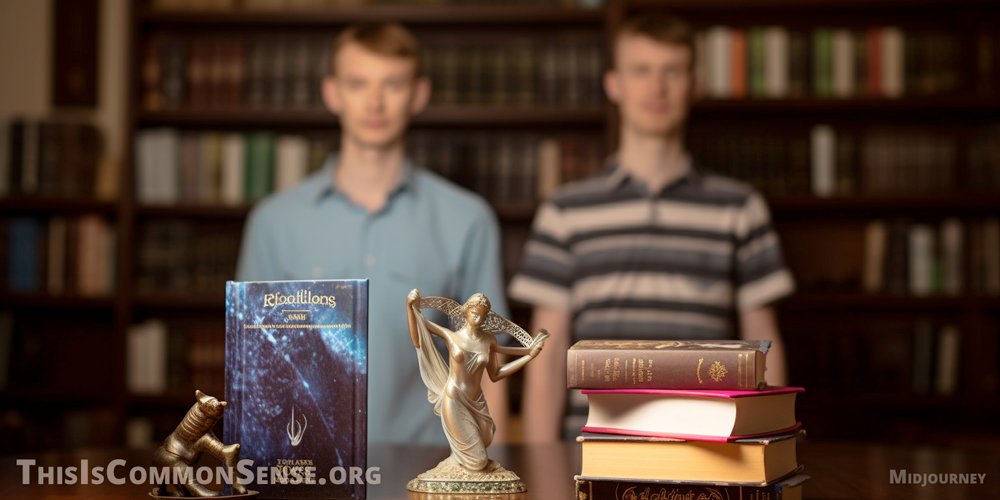James Jenkins and Ryan Cagle didn’t know that they risked destruction by publishing and selling previously out-of-print books.
Their low-overhead, low-profit-margin Richmond company, Valancourt Books, founded in 2005, prints long unavailable volumes one at a time, as customers request them. To operate, the publishers must first carefully retype the books, often formerly available only in rare editions or even microfiches.
It’s two guys working out of their home doing everything. They profit only by keeping costs low.
By 2018, the Valancourt catalog listed over 400 books. That’s when the federal government came down upon the company like a ton of bricks. Invoking a 1790 copyright law, the U.S. Copyright Office demanded that Valancourt send it one copy each of hundreds of different books. Otherwise, they’d be fined up to $250 per book and further fines for “willfully or repeatedly” failing to comply.
The publishers’ choice was either spend thousands of dollars and lots of time printing and shipping the books — or be penalized out of existence. Instead of giving up, they turned to the Institute for Justice and went to court.
IJ argued that government “cannot simply force you to turn over personal property on pain of ruinous fines, and they cannot punish you for publishing a book without letting them know.”
Now, years later, IJ and Valancourt have won their case.
It’s a win for all small publishers who might otherwise have been ruined by the whims of bureaucrats at the Copyright Office. That it had to be litigated, however, is more evidence that freedom requires constant vigilance.
This is Common Sense. I’m Paul Jacob.
Illustration created with Midjourney
—
See all recent commentary
(simplified and organized)






